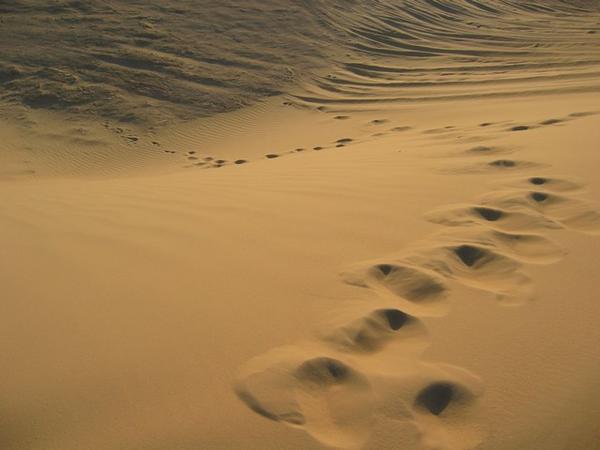By the will of Allah سبحانه وتعالى, we have lived to see another month of Muharram and the start of another year in the Islamic calendar. How is this marked? What memories are evoked as a result of it? What is the content of the khutbahs on the hijrah of the Prophet ﷺ? How is this used to inspire our generation of Muslims? How does this compare to the marking of the ‘independence’ day celebrations or the celebrations of the lives of the many national heroes that every Muslim country now has.
Comment:
Growing up in any Muslim country nowadays, children are made aware of people who lived and passed away before they were born. There might be referred to as the ‘father’ or ‘founder’ of the nation and their life story and ‘heroic acts’ are retold again and again and again. When the nations ‘independence’ day is commemorated, the people of that country are reminded of the values, deeds and vision of these founding fathers and exhorted to follow these examples in order for the nation to succeed. Muhammed Ali Jinnah, King Abdul Azizi Ibn Saud, Sheikh Mujibur Rahman and many others are some of the so called ‘founders’ of the many nation states that Muslims are now divided into.
In the last few days as we entered Muharram 1437 AH, there have been some khutbahs and articles on the subject of the hijrah of the Prophet ﷺ. Some have been excellent reminders whilst others talked about the hijrah as a mere recollection of an amazing historical event as opposed to an event in the Prophet’s life that Muslims must look to in order to derive lessons to emulate in order to fulfil our duties before Allah سبحانه وتعالى. This time of the year is an important time to speak to the Muslim Ummah as one Ummah not as Saudis, Sudanese, Pakistanis, Malaysian, Bengalis or others. Unlike the nationalistic celebrations which reinforce our divisions, the hijrah was the hijrah of our beloved Prophet ﷺ so an event we can all identify with as Muslims. It is a time to remind one another of that momentous event in the Prophet’s life, which changed the course of human history and to inspire us to emulate the many lessons and duties that are derived from looking at the hijrah.
The hijrah remnds us of the Prophet’s tawakkul (reliance on Allah) when him and Abu Bakr were being pursued by the Quraish and he they were in the cave and Abu Bakr (ra) was scared that they might be caught so he ﷺ reassured his companion that Allah would protect them. That is a reminder that Muslims must never give up hope nor believe that victory is impossible or that one’s individual problem, a family’s problem or problems affecting our Ummah can never be solved. With Allah’s help, change is always possible.
The hijrah reminds us that this was not a man simply looking for a safe place for himself, but that he was looking for a home in which to establish his message, let it take root and from which to convey it to the whole of mankind. This is what he had tried to do in Makkah from the time he received Revelation; inviting its rulers and people but most rejected him except for a few hundred. After approaching many other tribes, the people of Yathrib then accepted to give his message a home and he moved there and from the first day he was in charge, ruling Madina, building the Mosque, organising the market, appointing judges to settle the disputes, leading the army, sending envoys to invite the many other tribes and nations to embrace Islam and carrying out the functions of the leader of the Islamic state. Islam had truly been established and found a home where Islam shaped every area of life.
Today, Muslims have homes. Indeed, we have many countries covering many lands. But can we say Islam has a home? A society where Islam governs every aspect of life? Where the Qur’an and Sunnah exclusively shapes the transactions, morals, relationships and solutions to life’s problems? No. So one of the lessons of the hijrah is to remind one another to pray, yearn and work to re-establish that society that was established by the Prophet ﷺ after his ardours, and momentous hijrah to Madinah and to once again enjoy the blessings and victory that Allah سبحانه وتعالى promises the believers and to be a real beacon for mankind.
Taji Mustafa
Media Representative of Hizb ut Tahrir in Britain

